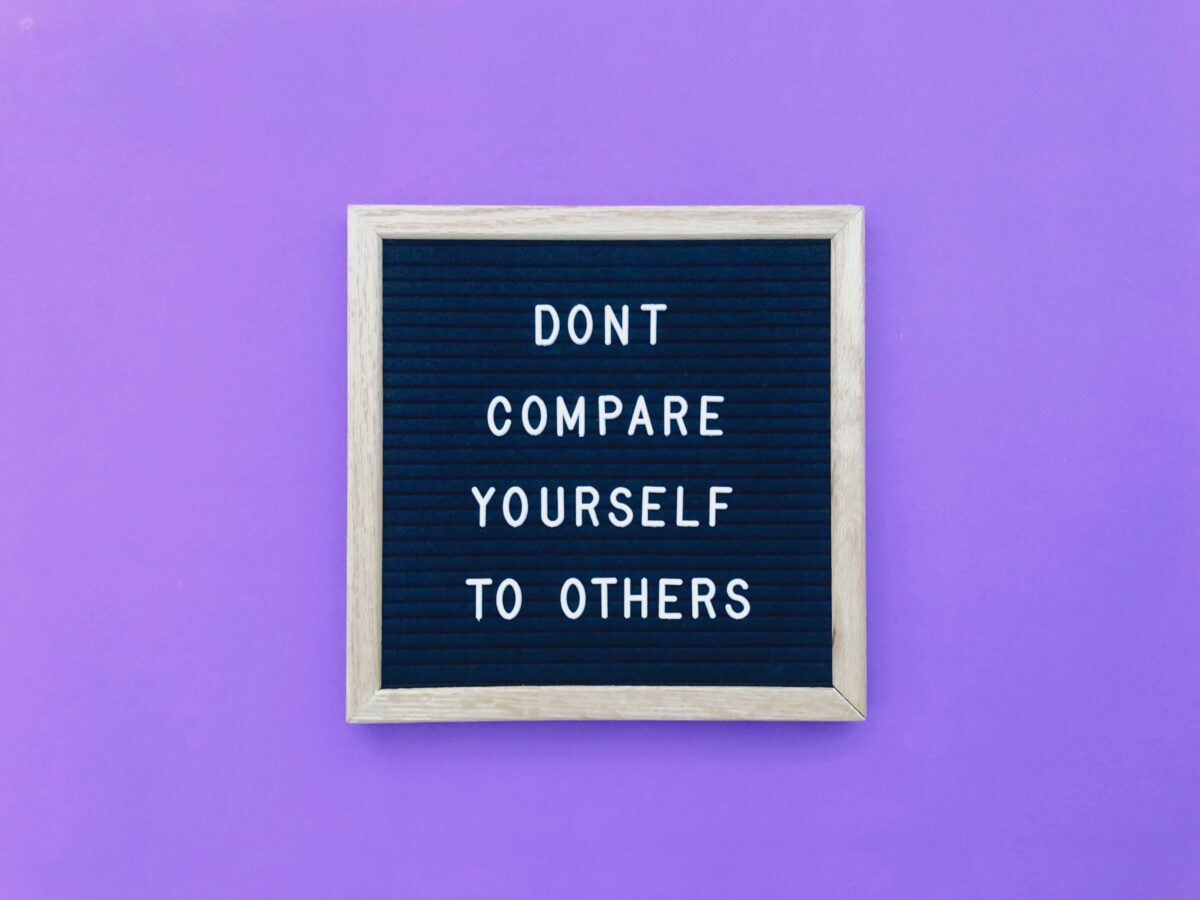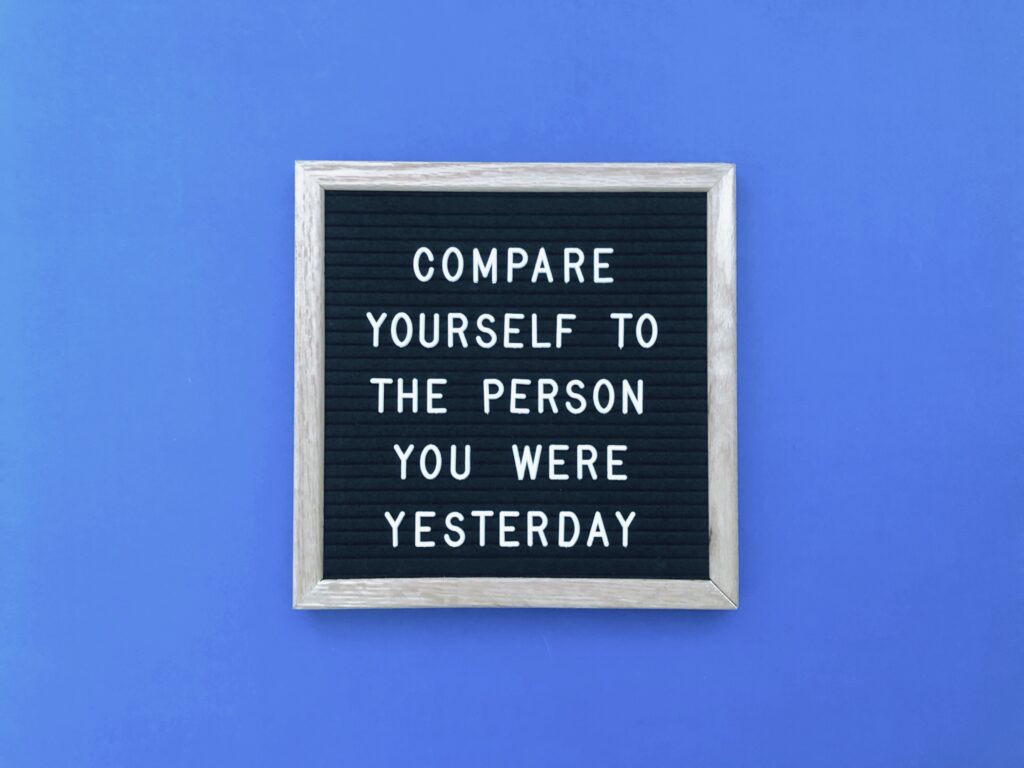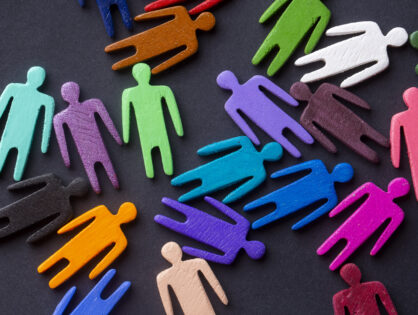In today's world, where social media platforms and digital interactions dominate our daily lives, it has become increasingly common to compare ourselves to others. Whether it’s someone’s career growth, their seemingly perfect relationships, financial success, or even physical appearance, constantly evaluating ourselves against others can be detrimental to our mental and emotional well-being. This habit can lead to feelings of inadequacy, anxiety, and even depression, making it crucial to understand how to stop comparing yourself to others and focus on personal development instead.
The Psychological Impact of Comparison
Comparing yourself to others can significantly affect your mental health. It often leads to self-doubt, jealousy, and a distorted perception of your own achievements. This habit can erode self-confidence and make you feel like you are not good enough, despite your own accomplishments. Studies suggest that excessive comparison can lead to stress and lower self-esteem, preventing individuals from recognizing their own worth and potential. Understanding these negative consequences is the first step toward making a change.
Why Do We Compare Ourselves?
There are several reasons why people fall into the habit of comparison. From an evolutionary standpoint, humans have always compared themselves to others as a way of measuring their place within social groups. While this was beneficial in early human history for survival and social cohesion, in today’s world, constant comparison can have the opposite effect.
Social media plays a huge role in fueling comparison. People often post carefully curated moments of their lives, showcasing only the best aspects. This creates an illusion of perfection, making it easy to feel like others are happier, more successful, or more attractive than you. The reality is that everyone has struggles, and what is displayed online is often not the full picture.
Practical Steps to Stop Comparing Yourself to Others
Conclusion
Breaking free from the habit of comparison requires conscious effort and self-awareness. By focusing on personal growth, limiting exposure to unrealistic portrayals of success, and practicing gratitude, you can cultivate a healthier and more fulfilling life. Remember, you are on your own unique journey, and your worth is not determined by how you compare to others. Instead of measuring yourself against someone else’s success, embrace your individuality and celebrate your own achievements. With time and effort, you can shift your mindset and find contentment in who you are.
Related Articles:
The Importance of Self-Care in Managing Depression: Tips and Online Resources
Self-Care and Confidence – Regaining After Breakup
Online Counseling for Self-Improvement



